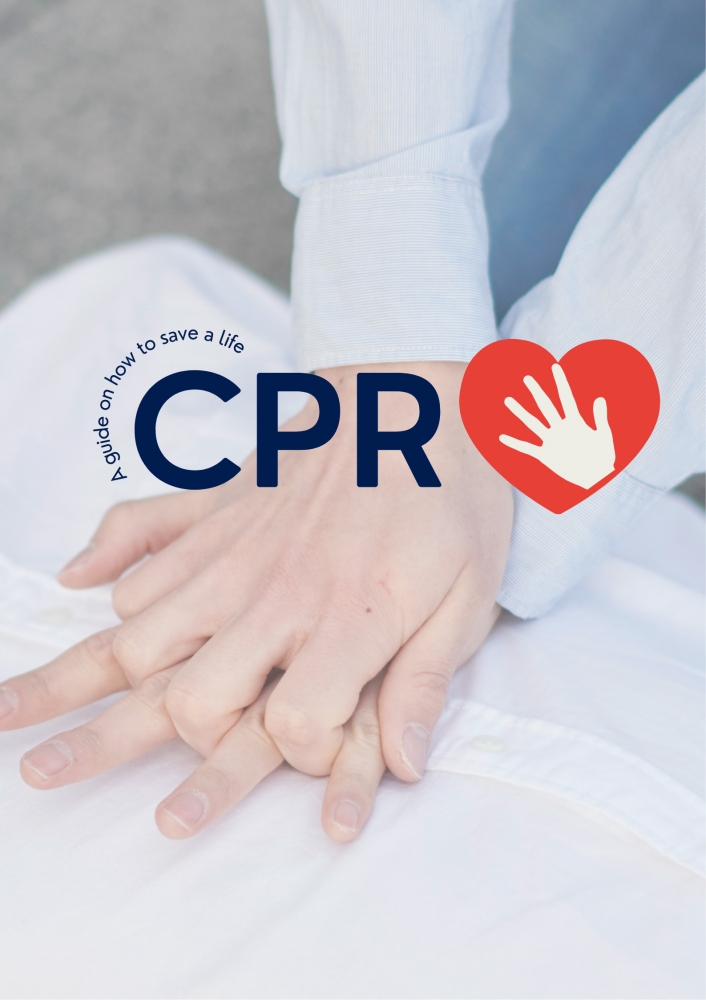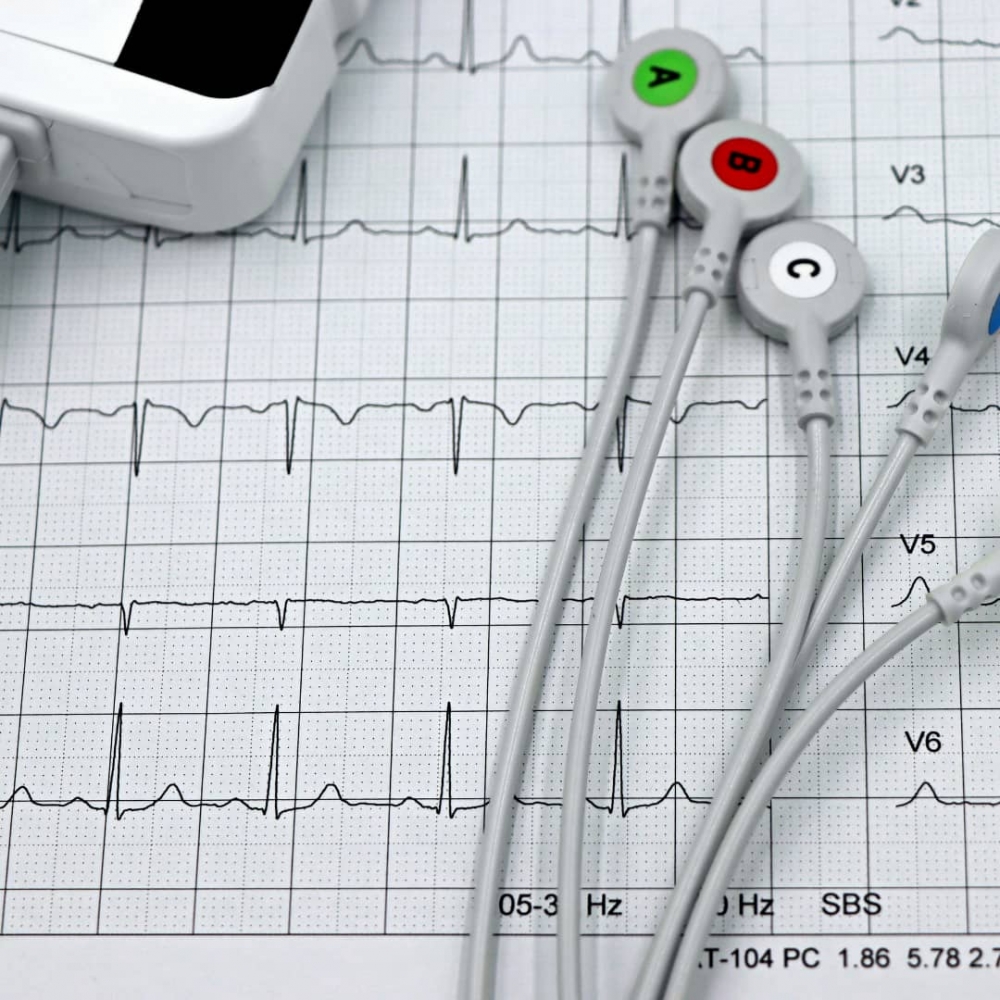Rocking The Cradle : Embracing Pregnancy After 40
KUALA LUMPUR, Jan 14 (Bernama) – Motherhood is a priceless journey, and for many Malaysian women, the decision to embrace it later in life is becoming increasingly common.
Age is no longer a barrier for Malaysian women to embrace motherhood, thanks to advancements in fertility treatments, robust support systems, and proactive maternal care.
This shift reflects evolving societal priorities, including career advancement, financial stability, personal aspirations, health considerations and even second marriages.
Furthermore, recent data shows the percentage of Malaysian women giving birth after age 35 has risen from 20.8 per cent in 2017 to 23 per cent in 2022.
This trend positions Malaysia as the second-highest country in Southeast Asia for babies born to women of advanced maternal age, according to Sunway Medical Centre Velocity (SMCV).
In a statement today, it said the financial demands of raising children also played a role in shaping this trend.
SMCV Consultant Obstetrician, Gynaecologist, and Maternal Fetal Specialist Dr Gayathri Mariappa emphasised that women over 40 who are pregnant face a higher likelihood of medical and obstetrics complications, including chronic conditions like high blood pressure, diabetes, obesity, and heart disease, which can increase risks for both the mother and the baby.
“Recent studies show a stronger link between chromosomal abnormalities, such as Down syndrome, and potential congenital malformations in children born to women over 40. The risks continue to rise with increasing maternal age,” she said.
Additionally, women over 40 often experience difficulties conceiving naturally due to the decline in both the quantity and quality of eggs.
For expectant mothers, early screening such as non-invasive prenatal testing (NIPT), also known as non-invasive chromosomal checking (NICC), offers critical insights into foetus development.
“NIPT is a blood-based genetic test that screens for chromosomal abnormalities by analysing small fragments of foetal DNA circulating in the mother’s blood. It is recommended as early as 10 weeks into the pregnancy,” said Dr Gayathri.
She emphasised the importance of early and regular screenings as they help expecting parents make informed decisions about their pregnancy and prepare them for any necessary medical care or interventions.
“Pregnant women should undergo screenings during the first trimester, ideally between 10 and 12 weeks, to identify potential risks such as preeclampsia, cervical insufficiency, gestational diabetes, and undiagnosed medical conditions like kidney or heart disease,” she said.
Paternal health, she said, also plays a significant role in ensuring healthy pregnancies, stressing factors such as the father’s smoking habits and body composition can impact pregnancy and foetal outcomes.
Meanwhile, SMCV Consultant Obstetrician, Gynaecologist, and Fertility Specialist, Dr Farah Leong Rahman said that women are born with a fixed number of eggs in their ovaries, which gradually decreases over time.
By the age of 40, this decline becomes significant, making conception more challenging. she added.
However, she said, advancements in medical technology and treatments now offer viable solutions to the challenges of conceiving and carrying pregnancies after 40.
She said they include in vitro fertilisation (IVF), which has become a popular and effective option for such women.
“IVF involves stimulating egg growth, retrieving eggs, fertilising them with sperm in a controlled environment, and transferring the embryo back into the womb. The entire process takes about two weeks,” said Dr Farah.
She said other fertility treatments include hormonal medications to stimulate egg growth and intrauterine insemination (IUI), but these methods have lower success rates compared to IVF.
She emphasised that infertility can stem from both male and female factors, making it essential for couples who are trying to conceive to get the partner to undergo a sperm test. In cases of suboptimal sperm quality, IVF often provides the most effective solution.
This precise screening method enables expecting parents to make informed decisions and prepares them for any necessary medical interventions, she said.
Dr Farah said preconception care and lifestyle changes are essential for every mother-to-be to achieve a healthy pregnancy and advised women planning for pregnancy to adopt healthy lifestyle habits.
This includes maintaining an optimal body mass index (BMI), consuming a balanced diet supplemented with folic acid, engaging in regular exercise, and avoiding smoking and alcohol consumption, she added.
With advancements in medical treatments, the right support systems, and proactive care, Malaysian women now have more opportunities than ever to navigate this journey.
From advanced screenings to a range of fertility treatments, age is no longer a barrier to achieving healthy pregnancy and thriving motherhood.
BackSuggest to Read










